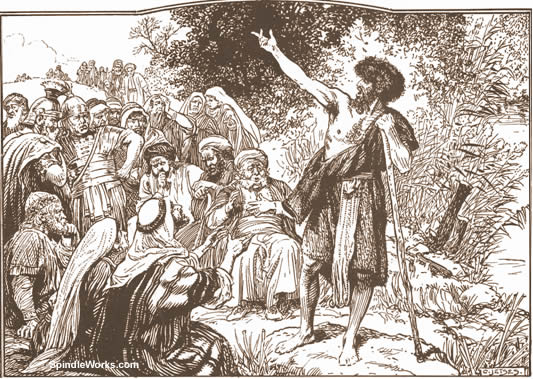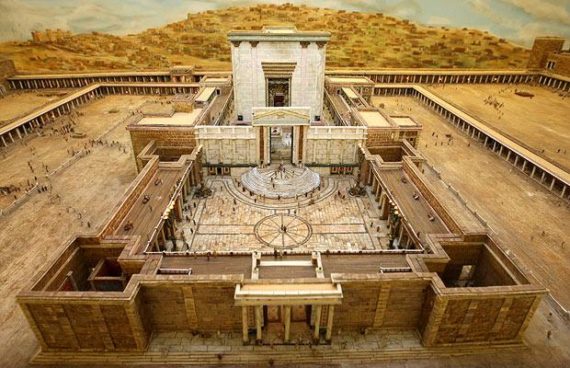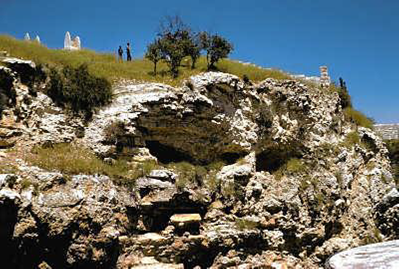God’s desire is that every nation be glad. The Bible is clear about this. In one Psalm (#67) God reveals six signs of a glad nation. But your nation cannot experience these because they only happen when God is given opportunity to bring in His character. There are no glad nations today, and I do not think we can even imagine one.
I am an American, so let me focus on why America cannot be glad. You can adjust this to your own nation.
1. WE DO NOT LOOK TO GOD FOR MERCY AND BLESSING. “God be merciful to us and bless us, and cause His face to shine upon us” (Ps. 67:1). When someone’s face shines on another, it means he has joy and pleasure on his face. He is pleased and happy with what he sees. A glad nation is one on which God looks with an intent to shower his favor. Most Americans have no interest in this.
2. WE DO NOT KNOW THE WAY OF SALVATION. “That Your way may be known on earth, Your salvation among all nations” (v.2). A glad nation is one in which common families know that we are in dire straits without God, and that He is our only hope. Most Americans think they know all they need to know. They don’t think God can save.
3. WE DO NOT SING TO GOD WITH JOY. “Let the peoples praise You, O God; Let all the peoples praise You. Oh, let the nations be glad and sing for joy!” (v.3,4a). This scripture actually tells of God’s wish that everyone would be happy with praise! Americans are too busy for this, and too focused on many things other than God. We are so intent on “life, liberty, and the pursuit of happiness” that we created a sad nation.
4. WE DON’T WANT RIGHTEOUS GOVERNANCE. “For You shall judge the people righteously, and govern the nations on earth.” (v.4b). God would like to gladden nations by helping governments to reward good acts, punish evil, and protect the weak. We are too interested in our own rights to let God’s way enter in.
5. WE DO NOT VALUE A PRODUCTIVE EARTH. “Let the peoples praise You, O God; Let all the peoples praise You, then the earth shall yield her increase; God, our own God, shall bless us” (Ps.67:5-6). We don’t see the earth as God’s creation, so we make no connection between honoring God and having prosperity. We think the earth just happened, and we are trashing it. We don’t recognize our prosperity because we always want more.
6. WE HAVE NO REVERENCE FOR GOD. “God shall bless us, and all the ends of the earth shall fear Him” (v.7). “Fear” means to honor and respect. Because my nation does not respect God, we have reason to be afraid of Him. God is angry because we have declined His goodness. This has seriously ticked Him off, and we are living with the results.
God is good and wants nations to be glad. You and I live in sad nations because God is willfully ignored. These are the sad facts.



